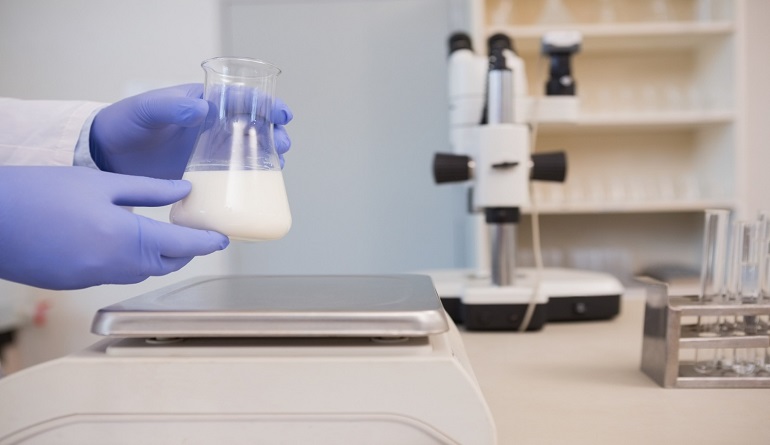
Earlier, Covid-19 has broken the back of milk producers. The lumpy disease has killed 1.9 lakh animals in the country in the recent past. Also, this milk business has been affected due to the cost of animal fodder by up to 30%. The country is reportedly facing a milk shortage, with cooperatives reporting a production increase of only 1-2% this year. The announcement was made by FSSAI against the backdrop of poor conditions in both the organised and unorganised sectors.
Meanwhile, giving details of the proposed inspection, FSSAI said that adulteration sites in milk and its products would be identified during this period. Based on the results of this study, corrective actions or strategies will be formulated and the way forward will be suggested.
“Milk contains important micronutrients. People of every age group include milk or milk products in their daily diet. Changing lifestyle patterns and increasing health awareness are the key drivers for the growth of milk and high-value dairy products in India," FSSAI said.
Milk or milk products will be tested for quality and safety compliance. Earlier FSSAI conducted a nationwide survey on milk in 2011, 2016 and 2020. All the samples collected during this were checked for critical parameters of quality and safety.
“In 2022 FSSAI conducted a milk survey in selected 12 states. Use of antibiotics or veterinary drugs in infected animals and spraying of insecticides in sheds may contaminate milk. To ensure the safety of the milk, the collected samples were evaluated for the presence of antibiotics, pesticide residues and heavy metals. The results of the survey show that milk in the selected 12 states is largely safe for consumption,” FSSAI said.